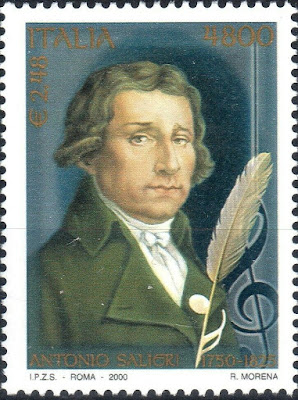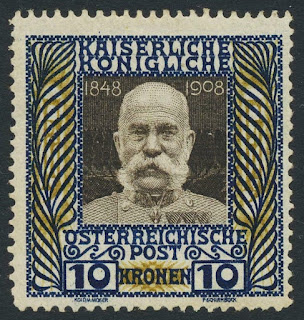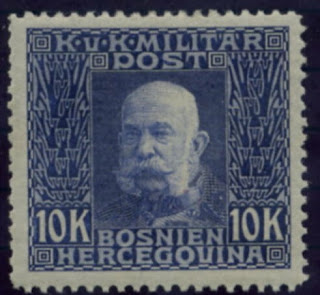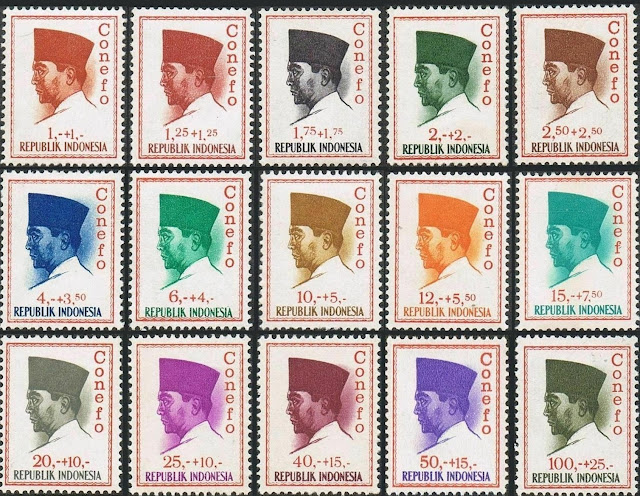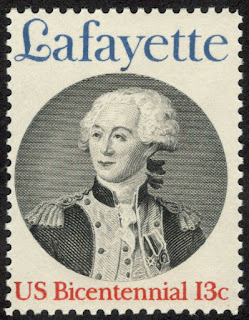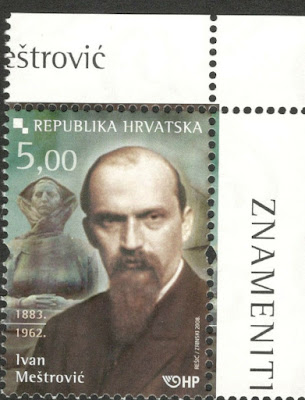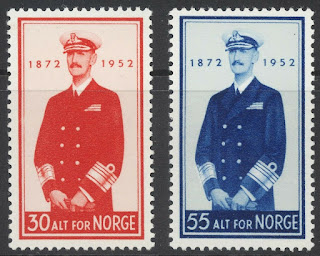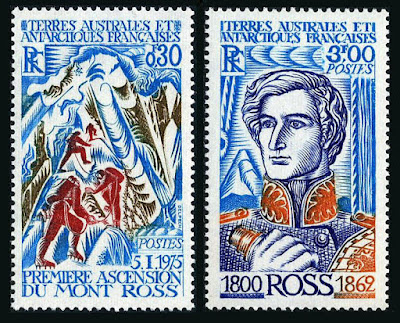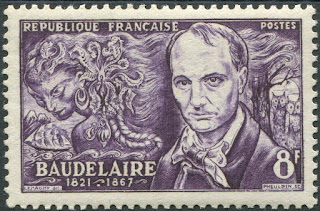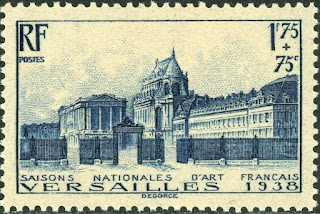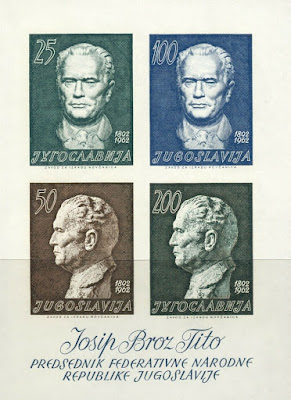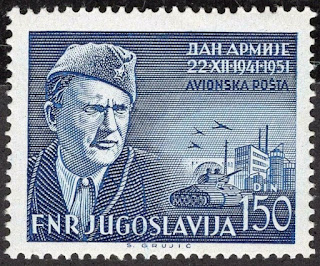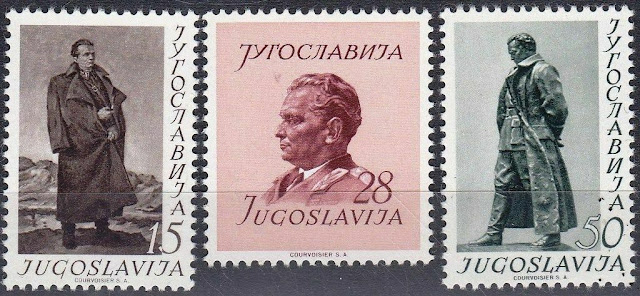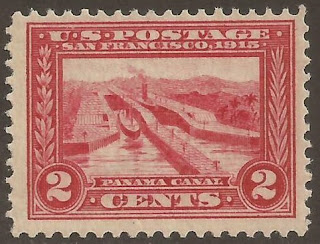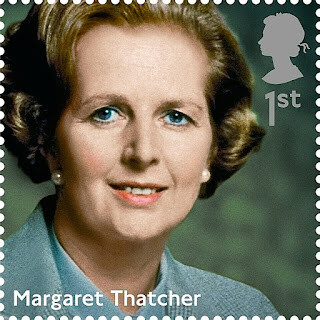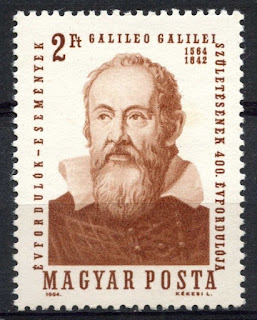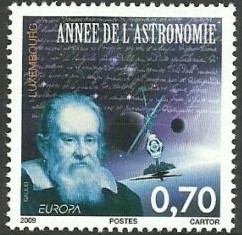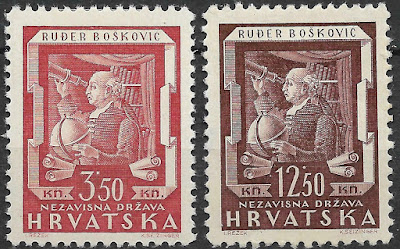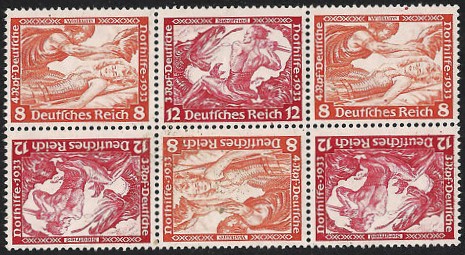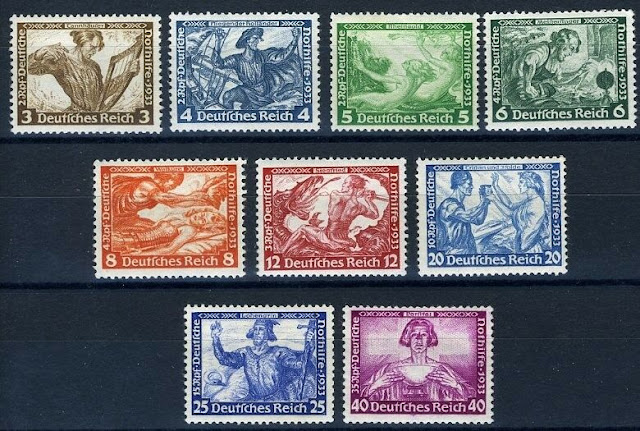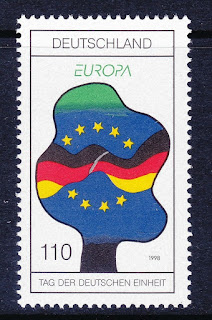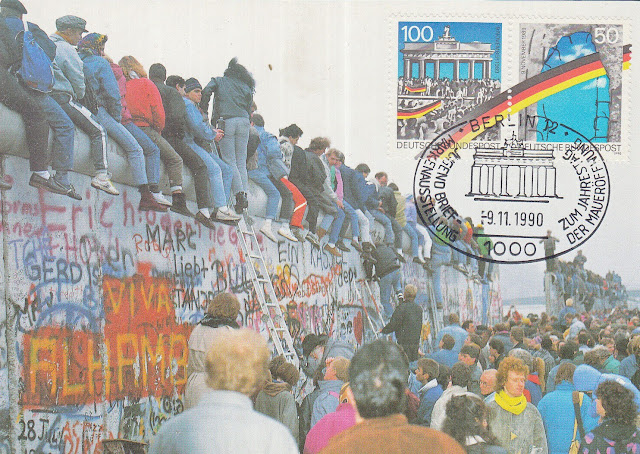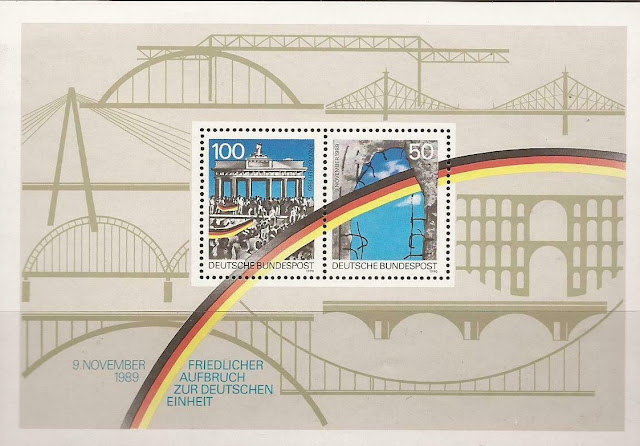The Latin word psychologia was first used by the Croatian humanist and Latinist Marko Marulić in his book, Psichiologia de ratione animae humanae in the late 15th century or early 16th century. The earliest known reference to the word psychology in English was by Steven Blankaart in 1694 in The Physical Dictionary which refers to "Anatomy, which treats the Body, and Psychology, which treats of the Soul."
Very little is actually known about his life, and the few facts that have survived to this day are fairly unreliable. It is certain that he attended a school run by a humanist scholar Tideo Acciarini in his hometown. Having completed it, he is then speculated to have graduated law at the Padua University, after which he spent much of his life in his home town. Occasionally he visited Venice (to trade) and Rome (to celebrate the year 1500).
He lived for about two years in Nečujam on the island of Šolta. In Split, Marulić practised law, serving as a judge, examinator of notarial entries and executor of wills. Owing to his work, he became the most distinguished person of the humanist circle in Split.
He is regarded as the Croatian national poet and has been called the "crown of the Croatian medieval age" and the "father of the Croatian Renaissance".
Salieri was a pivotal figure in the development of late 18th-century opera. As a student of Florian Leopold Gassmann, and a protégé of Christoph Willibald Gluck, Salieri was a cosmopolitan composer who wrote operas in three languages. Salieri helped to develop and shape many of the features of operatic compositional vocabulary, and his music was a powerful influence on contemporary composers.
Appointed the director of the Italian opera by the Habsburg court, a post he held from 1774 until 1792, Salieri dominated Italian-language opera in Vienna. During his career he also spent time writing works for opera houses in Paris, Rome, and Venice, and his dramatic works were widely performed throughout Europe during his lifetime. As the Austrian imperial Kapellmeister from 1788 to 1824, he was responsible for music at the court chapel and attached school. Even as his works dropped from performance, and he wrote no new operas after 1804, he still remained one of the most important and sought-after teachers of his generation, and his influence was felt in every aspect of Vienna's musical life. Franz Liszt, Franz Schubert, Ludwig van Beethoven, Johann Nepomuk Hummel and Franz Xaver Wolfgang Mozart were among the most famous of his pupils.
Salieri's music slowly disappeared from the repertoire between 1800 and 1868 and was rarely heard after that period until the revival of his fame in the late 20th century. This revival was due to the dramatic and highly fictionalized depiction of Salieri in Peter Shaffer's play Amadeus (1979) and its 1984 film version. The death of Wolfgang Amadeus Mozart in 1791 at the age of 35 was followed by rumors that he and Salieri had been bitter rivals, and that Salieri had poisoned the younger composer, yet it is likely that they were, at least, mutually respectful peers.
Italian stamp depicting Salieri
In December 1848, Emperor Ferdinand abdicated the throne at Olomouc, as part of Minister President Felix zu Schwarzenberg's plan to end the Revolutions of 1848 in Hungary. This allowed Ferdinand's nephew Franz Joseph to accede to the throne. Largely considered to be a reactionary, Franz Joseph spent his early reign resisting constitutionalism in his domains. The Austrian Empire was forced to cede its influence over Tuscany and most of its claim to Lombardy–Venetia to the Kingdom of Piedmont-Sardinia, following the Second Italian War of Independence in 1859 and the Third Italian War of Independence in 1866. Although Franz Joseph ceded no territory to the Kingdom of Prussia after the Austrian defeat in the Austro-Prussian War, the Peace of Prague (23 August 1866) settled the German Question in favour of Prussia, which prevented the Unification of Germany from occurring under the House of Habsburg.
Franz Joseph was troubled by nationalism during his entire reign. He concluded the Austro-Hungarian Compromise of 1867, which granted greater autonomy to Hungary and transformed the Austrian Empire into the Dual Monarchy of Austria-Hungary. He ruled peacefully for the next 45 years, but personally suffered the tragedies of the execution of his brother, the Emperor Maximilian of Mexico in 1867, the suicide of his only son and heir-apparent, Crown Prince Rudolf, in 1889, the assassination of his wife, Empress Elisabeth, in 1898, and the assassination of his nephew and heir-presumptive, the Archduke Franz Ferdinand, in 1914.
After the Austro-Prussian War, Austria-Hungary turned its attention to the Balkans, which was a hotspot of international tension because of conflicting interests with the Russian Empire. The Bosnian Crisis was a result of Franz Joseph's annexation of Bosnia and Herzegovina in 1908, which had been occupied by his troops since the Congress of Berlin (1878).
On 28 June 1914, the assassination of his nephew and heir-presumptive, Archduke Franz Ferdinand, in Sarajevo resulted in Austria-Hungary's declaration of war against the Kingdom of Serbia, which was an ally of the Russian Empire. That activated a system of alliances which resulted in World War I.
Franz Joseph died on 21 November 1916, after ruling his domains for almost 68 years as one of the longest-reigning monarchs in modern history. He was succeeded by his grandnephew Charles.
Stamps from Austria, Hungary and Bosnia depicting Franz Joseph I


